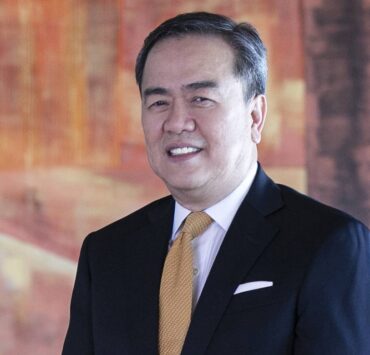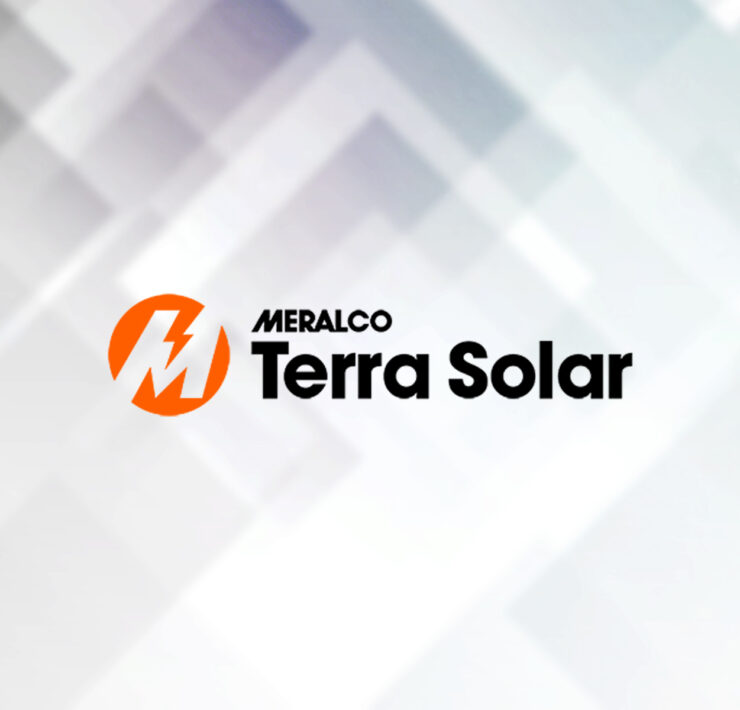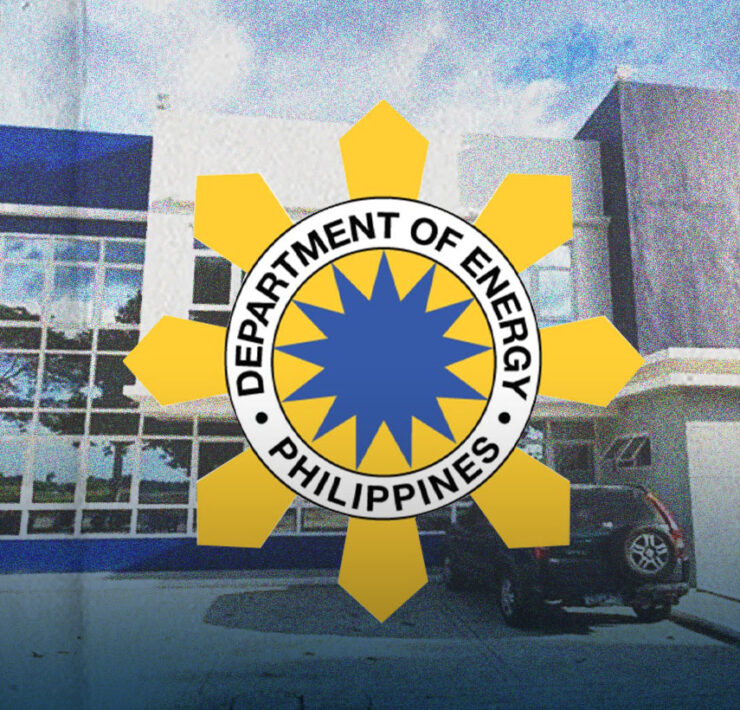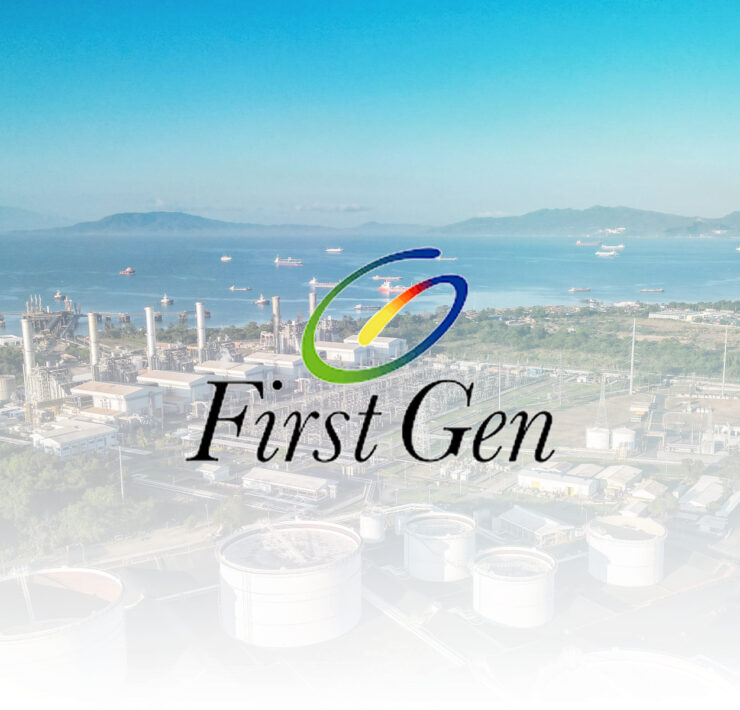Basic Energy seals wind farm partnership with Japanese firm
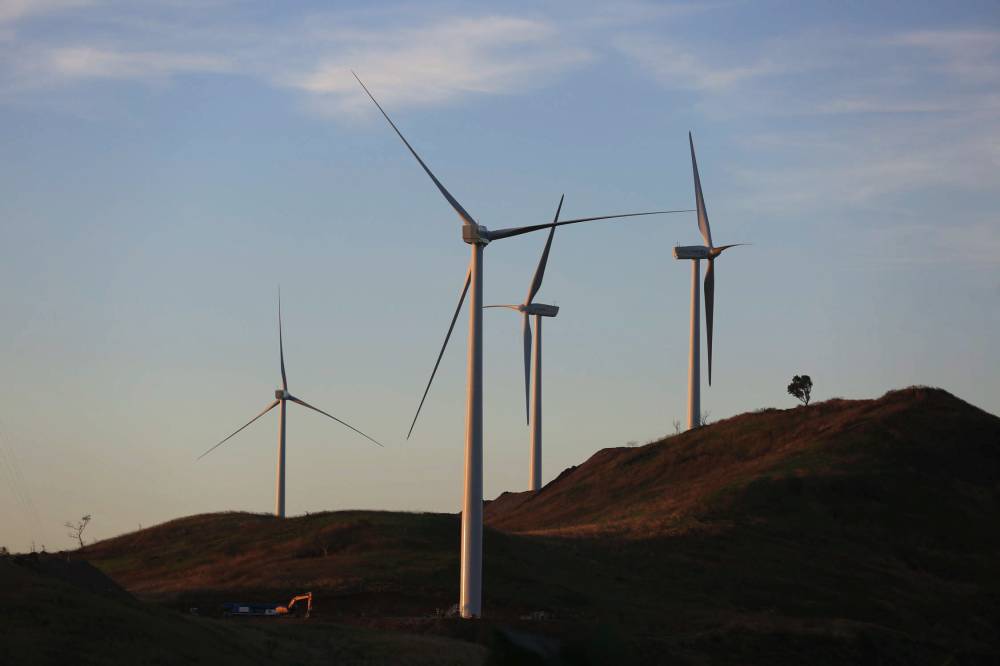
Basic Energy Corp. got a boost for its plan to build a P5-billion wind farm in Batangas province with Japan-based Renova Inc. now officially on board as its partner.
In a disclosure to the local bourse on Monday, the listed firm said its joint development and shareholders’ agreement with Tokyo’s renewable energy producer Renova had already been settled.
This was after key conditions had been set and “mutually agreed by the partners.”
Renova now holds 50 percent in Basic’s subsidiary RDG Wind Energy Corp. or RWEC, which leads the development of the Mabini wind energy project.
The deal materialized less than a year after Basic Energy had made known its move to jointly develop the wind power project with Renova last April 2024.
According to Basic Energy, the group can bank on the Japanese firm’s expertise and resources to accelerate the construction of the 50-megawatt (MW) wind facility.
“Together, we are dedicated to advancing the country’s renewable energy efforts, and we are confident that RWEC will play a pivotal role in meeting the Philippines’ growing energy demands,” Basic Energy said.
It added that both parties “are now focused on advancing the project to its next phase.”
Just in January, Basic Energy said it had completed its wind resource assessment, confirming the area was ideal for a wind plant while also showing a potential for capacity expansion.
The project received a wind service contract from the Department of Energy (DOE) in March 2021. It has a land coverage area of 4,860 hectares in the Mabini Peninsula.
Once realized, Basic Energy hopes the project would position it as a key player in the local renewables market.
Last week, the DOE said the sector had posted a “record-breaking” capacity expansion in 2024 with an additional 794.34 MW.
The government has a target of scaling up the share of clean energy in the power generation mix to 35 percent by 2030 from 22 percent at present. To hit this, the DOE has been conducting green power auctions. It recently concluded the third batch of bidding, with investors offering a total capacity of 7,500 MW, higher than the 4,650 goal.















